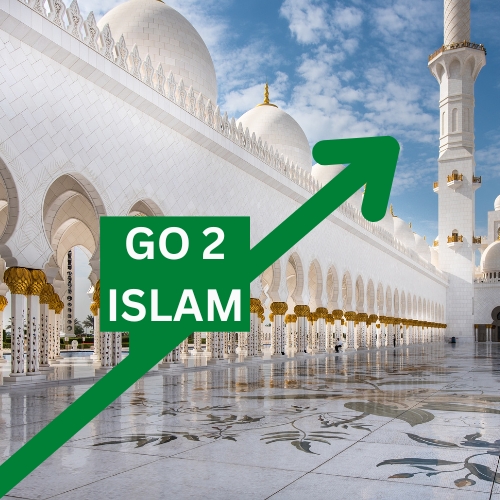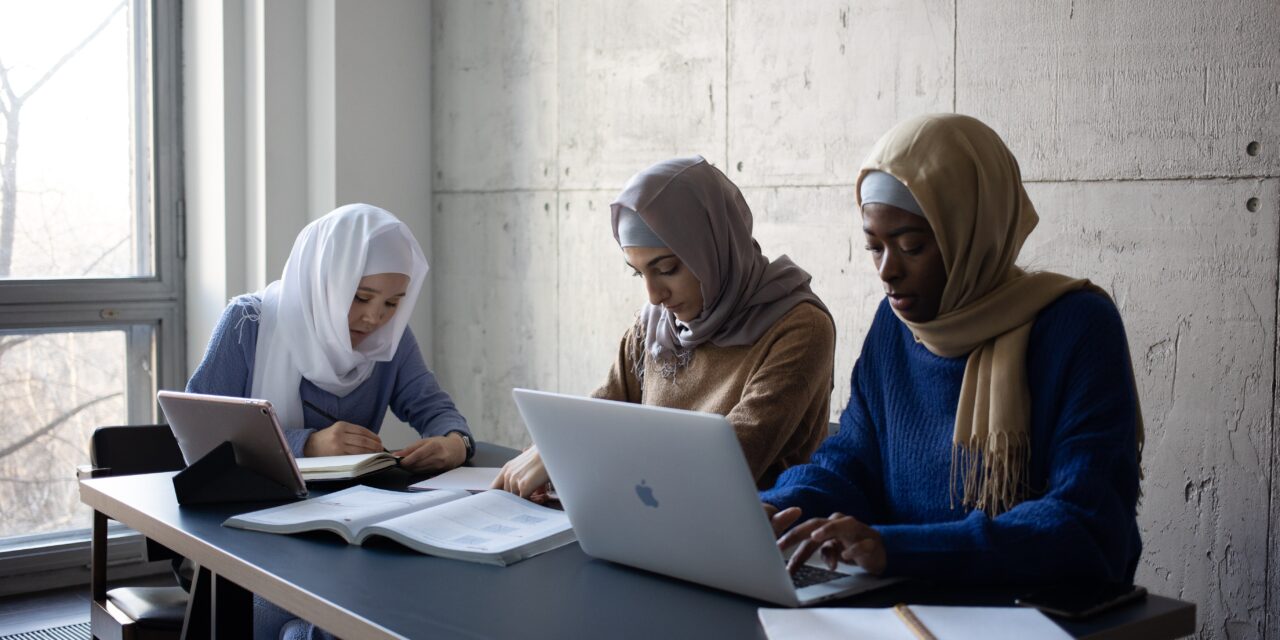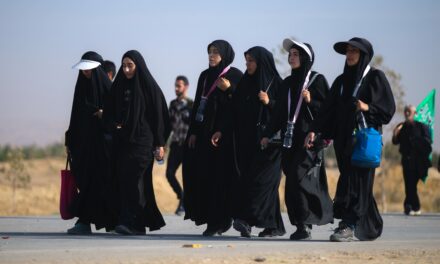The rights of women in Islam have been a topic of much debate and discussion in recent years. While some people view Islam as being oppressive towards women, the truth is that the religion recognizes and values the role of women in society. In Islam, women have many rights, including the right to education, property, marriage, and equality.
One of the most fundamental rights of women in Islam is the right to education. Islam places great emphasis on education and encourages both men and women to seek knowledge and wisdom. In the Quran, it states that “…And whoever seeks knowledge, he seeks it for the sake of Allah…” (Quran, 20:114). This means that the pursuit of education is not only encouraged but is seen as a religious duty. Women have the right to access education and to pursue their studies in any field they choose, including religious studies.
Another important right of women in Islam is the right to own and inherit property. In Islam, women have the right to inherit property from their relatives, and they also have the right to own property and control their own financial affairs. This is in stark contrast to many other cultures and societies where women have historically been denied these rights.
In terms of marriage, Islam recognizes the importance of the relationship between a man and a woman, and it recognizes the rights of both parties. In a marriage, both partners have the right to mutual respect and love, and women have the right to seek a divorce if they are not happy in the marriage. Women also have the right to seek a fair and just settlement in the event of a divorce.
Islam also recognizes the importance of equality between men and women. In the Quran, it states that “…And the male is not like the female…” (Quran, 3:36). This means that while men and women have different roles and responsibilities in society, they are both equal in the eyes of God. Women have the same rights as men to participate in social, political, and economic activities, and they are also held to the same moral and ethical standards.
One of the most controversial aspects of the rights of women in Islam is the issue of hijab or the wearing of the headscarf. While some people view this as a sign of oppression, the truth is that hijab is a personal choice and is not required by Islam. In fact, the wearing of hijab is a matter of personal choice and is seen as a sign of modesty and religious devotion. Women who choose to wear hijab are not doing so out of fear or oppression, but rather as a sign of their devotion to their faith.
In conclusion, the rights of women in Islam are many and varied, and they are designed to ensure that women are valued and respected members of society. Whether through the right to education, the right to own and inherit property, the right to equality, or the right to participate in social, political, and economic activities, Islam recognizes the important role that women play in society and seeks to empower them to fulfill their potential. While there may be cultural practices or interpretations that appear to restrict the rights of women, it is important to remember that these practices do not reflect the teachings of Islam and that women have many rights and freedoms under the religion.
Additionally, women in Islam have the right to engage in business and commerce. They have the right to earn a livelihood and to contribute to the economic well-being of their families and communities. Women also have the right to seek employment and to work outside the home if they choose to do so. There is no restriction on the type of work that women can engage in, as long as it is not illegal or unethical.
Women in Islam also have the right to seek justice. They have the right to seek redress for any wrongs committed against them and to receive a fair trial if they are accused of a crime. Women have the right to have their voices heard in a court of law, and they have the right to legal representation if they need it. This right to justice is fundamental to the protection of the rights of women in Islam.
One of the most important rights of women in Islam is the right to live a life of dignity and respect. Women in Islam are encouraged to live their lives in accordance with their values and beliefs, and they are not required to conform to cultural norms or traditions that are contrary to their beliefs. Women have the right to make choices about their lives, their relationships, and their futures, and they are encouraged to do so with dignity and respect.
Another important right of women in Islam is the right to health and well-being. Women have the right to seek medical treatment and to have access to healthcare services. They also have the right to control their own bodies and to make decisions about their own health. This includes the right to choose whether or not to have children, and the right to access birth control and family planning services.
In terms of religious practice, women in Islam have the same rights as men. They have the right to attend the mosque and to participate in religious activities, and they have the right to seek religious knowledge and understanding. Women also have the right to observe religious rituals and customs, such as fasting and prayer, and they are encouraged to do so as a way of expressing their devotion to their faith.
The rights of women in Islam are protected by the laws of the religion, and they are supported by the teachings of the Quran and the Sunnah, the sayings and actions of the Prophet Muhammad (peace be upon him). These rights are also supported by the wider Muslim community, which seeks to uphold the rights of women and to ensure that they are protected and respected.
In conclusion, the rights of women in Islam are many and varied, and they are designed to ensure that women are valued and respected members of society. Whether through the right to education, the right to own and inherit property, the right to equality, the right to participate in social, political, and economic activities, the right to justice, the right to dignity and respect, the right to health and well-being, or the right to religious practice, Islam recognizes the important role that women play in society and seeks to empower them to fulfill their potential. It is important to remember that these rights are protected by the teachings of Islam and that they are supported by the wider Muslim community. Women in Islam are valued and respected members of society, and they have the right to live their lives in accordance with their values and beliefs.
Moreover, women in Islam are also protected against domestic violence and abuse. The Quran states that men should treat their wives with kindness and respect and that they should not be abusive or violent toward them. If a woman is a victim of domestic violence or abuse, she has the right to seek help and take legal action against the abuser.
In terms of marriage, women in Islam have the right to choose their own spouse, and they are not required to marry someone against their will. Women also have the right to seek divorce if their marriage is unhappy or if they are being mistreated. Islam recognizes the importance of mutual consent and mutual respect in a marriage, and it seeks to protect the rights of women in this context.
Women in Islam also have the right to privacy and to control their own bodies. They are not required to reveal their bodies to anyone, and they are encouraged to maintain their modesty and dignity. Women are also protected from harassment and unwanted attention, and they have the right to say no to any advances or requests that make them uncomfortable.
In terms of education, women in Islam have the right to seek knowledge and acquire skills and qualifications. Islam recognizes the importance of education, and it encourages women to seek learning and develop their minds. Women have the right to attend school and university, and they are encouraged to participate in educational programs and activities.
Finally, women in Islam have the right to participate in social, political, and economic activities. They have the right to vote and to run for political office, and they are encouraged to participate in community activities and initiatives. Women have the right to express their opinions and to advocate for their rights and the rights of others, and they are encouraged to do so in a peaceful and respectful manner.
In conclusion, the rights of women in Islam are comprehensive and wide-ranging, and they are designed to ensure that women are valued and respected members of society. Whether through the right to education, the right to own and inherit property, the right to equality, the right to participate in social, political, and economic activities, the right to justice, the right to dignity and respect, the right to health and well-being, or the right to religious practice, Islam recognizes the important role that women play in society and seeks to empower them to fulfill their potential. It is important to remember that these rights are protected by the teachings of Islam and that they are supported by the wider Muslim community. Women in Islam are valued and respected members of society, and they have the right to live their lives in accordance with their values and beliefs.


